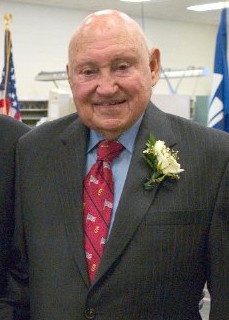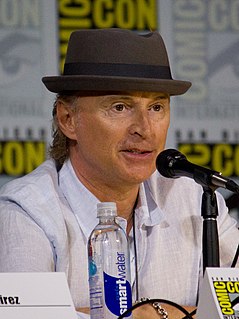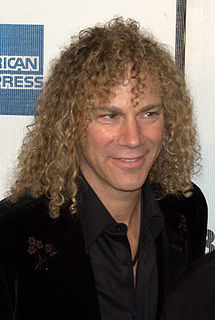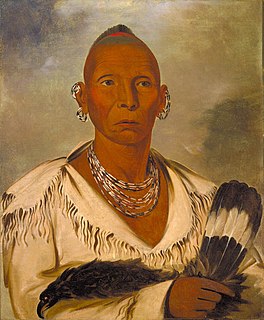A Quote by Martin Seligman
If the point of the inner-child movement is to cure adult problems, it doesn't work. Reliving childhood traumas gives you a nice afterglow, but it lasts only for hours or days. There is no evidence it changes adult problems.
Related Quotes
I always looked forward to being an adult, because I thought the adult world was, well—adult. That adults weren’t cliquey or nasty, that the whole notion of being cool, or in, or popular would case to be the arbiter of all things social, but I was beginning to realize that the adult world was as nonsensically brutal and socially perilous as the kingdom of childhood.
In certain circumstances where he experiments in new types of conduct by cooperating with his equals, the child is already an adult. There is an adult in every child and a child in every adult. ... There exist in the child certain attitudes and beliefs which intellectual development will more and more tend to eliminate: there are others which will acquire more and more importance. The later are not derived from the former but are partly antagonistic to them.
I was powerless over my childhood but the coping strategies that I developed, to survive, all of which were creative and brilliant and got me through, as an adult those became my defects of character. Those became my shortcomings, control and all that kind of stuff... and that's my responsibility. I was a blameless child in what happened in the home; I take responsibility for my behaviors as an adult.
We're taught to find the antecedents to our adult failures in childhood traumas, and so we spend our lives looking bacwards and pointing fingers, rather than bucking up and forging ahead. But what if your childhood was all a big misunderstanding? An elaborate ruse? What does that say about failure? Better yet, what does that say about potential?
What we should be teaching are the problems and holes and I think there are legitimate problems and holes in the theory of evolution. And what we need to do is to present those fairly from a scientific point of view. And we should lay out areas in which the evidence supports evolution and the areas in the evidence that does not.






































